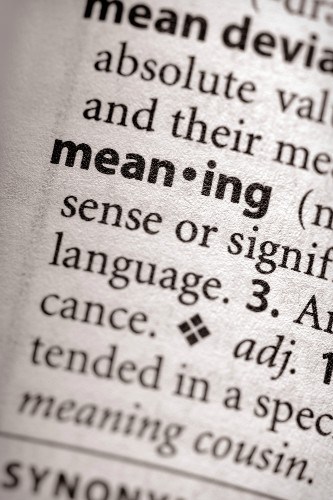About The Word Oxygen

Learn about the word Oxygen to help solve your crossword puzzle. Discover Oxygen definitions and meaning, origins, synonyms, related terms and more at the free Crossword Dictionary.
Oxygen

| Oxygen Definition And Meaning |
|---|
What's The Definition Of Oxygen?
[n] a nonmetallic bivalent element that is normally a colorless odorless tasteless nonflammable diatomic gas; constitutes 21 percent of the atmosphere by volume; the most abundant element in the earth's crust
Synonyms | Synonyms for Oxygen: atomic number 8 | O Related Terms | Find terms related to Oxygen: acetylene | ammonia | argon | asphyxiating gas | butane | carbon dioxide | carbon monoxide | chlorine | coal gas | ethane | ether | ethylene | fluorine | formaldehyde | helium | hydrogen | illuminating gas | krypton | lewisite | marsh gas | methane | mustard gas | natural gas | neon | nitrogen | ozone | poison gas | propane | radon | sewer gas | xenon See Also | air | chemical element | element | gas | H2O | liquid oxygen | LOX | ozone | water Oxygen In Webster's Dictionary \Ox"y*gen\, n. [F. oxyg[`e]ne, from Gr. ???? sharp, acid
+ root of ???? to be born. So called because originally
supposed to be an essential part of every acid.]
1. (Chem.) A colorless, tasteless, odorless, gaseous element
occurring in the free state in the atmosphere, of which it
forms about 23 per cent by weight and about 21 per cent by
volume, being slightly heavier than nitrogen. Symbol O.
Atomic weight 15.96.
Note: It occurs combined in immense quantities, forming eight
ninths by weight of water, and probably one half by
weight of the entire solid crust of the globe, being an
ingredient of silica, the silicates, sulphates,
carbonates, nitrates, etc. Oxygen combines with all
elements (except fluorine), forming oxides, bases,
oxyacid anhydrides, etc., the process in general being
called oxidation, of which combustion is only an
intense modification. At ordinary temperatures with
most substances it is moderately active, but at higher
temperatures it is one of the most violent and powerful
chemical agents known. It is indispensable in
respiration, and in general is the most universally
active and efficient element. It may be prepared in the
pure state by heating potassium chlorate. This element
(called dephlogisticated air by Priestley) was named
oxygen by Lavoisier because he supposed it to be a
constituent of all acids. This is not so in the case of
a very few acids (as hydrochloric, hydrobromic, hydric
sulphide, etc.), but these do contain elements
analogous to oxygen in property and action. Moreover,
the fact that most elements approach the nearer to acid
qualities in proportion as they are combined with more
oxygen, shows the great accuracy and breadth of
Lavoisier's conception of its nature.
2. Chlorine used in bleaching. [Manufacturing name]
|
More Crossword Puzzle Words
A | B | C | D | E | F | G | H | I | J | K | L | M | N | O | P | Q | R | S | T | U | V | W | X | Y | Z
Cross Word Of The Day
- Decayed ‐ deteriorated by decay or rot; "decayed teeth" [adj] damaged by…
- Andres segovia ‐ Spanish guitarist who made classical guitar a concert instrument…
- Digitizer ‐ device for converting analogue signals into…
- Cohosh ‐ a plant of the genus Actaea having acrid…
- John mcgraw ‐ United States baseball player and manager…
- Brush fire ‐ an uncontrolled fire that consumes brush and shrubs…
- Nigroporus ‐ a genus of fungi belonging to the family…
- Inexpedient ‐ not suitable or advisable; "an inexpedient tactic" [adj] not…
- Clumsy person ‐ a person with poor motor…
- Schiaparelli ‐ fashion designer born in Italy who was noted for her use of synthetic…